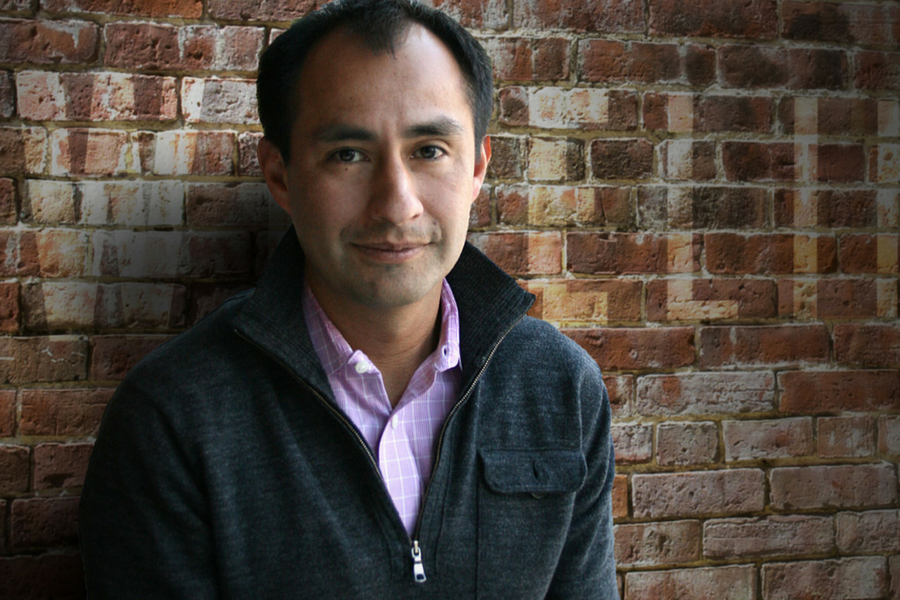The son of Mexican immigrants to California, Bismarck Lepe had to overcome some long-held biases when a consultant suggested his startup, Wizeline, build a development hub in the Mexican city of Guadalajara.
“It’s a funny story; my parents were migrant field workers, and they left Mexico because, in many ways, they felt about Mexico the same way that Trump’s been talking about Mexico for the last x number of years: it’s corrupt, it’s dangerous, and there’s little mobility,” Lepe admitted.
“That’s how I grew up; that’s what my parents would say. I had family in Mexico, and I’d go to Mexico, I’d go to the beaches of Mexico, but I never thought that I would invest in Mexico.”
Wizeline was founded in 2014, with Lepe at the time fresh off selling his video technology company Ooyala to Telstra for more than $500 million.
Originally founded with a data focus, helping companies get their products to market faster by helping them determine which features in their product roadmap to prioritise, Wizeline then expanded to also provide clients with teams of engineers to develop products.
As the business grew, so too did its need for engineers, and a consultant was brought on to evaluate Wizeline’s options for a new development hub.
Despite Lepe’s biases, the case for Guadalajara, Mexico was strong: it’s close to California and culturally similar to the US in many ways, educational institutions graduate 60,000 engineers a year, and of course, there were cost benefits to be had.
“I initially responded with, really, Mexico? There are engineers in Mexico? But we went down there, we interviewed, and we were just blown away by the quality of the talent. We decided that we were going to do it and told the board that we’re going to open something in Guadalajara,” Lepe said.
“Their response was the same as mine: there are engineers in Mexico? And gas and electricity and internet?”
While there are certainly engineers in Mexico, the country’s startup culture at the time left a lot to be desired.
As Lepe explained, after investing in a good education, graduates were attracted more so by big name brands like Microsoft, Oracle, or HP rather than the idea of working for a startup.
“This idea of going to a company that was a startup, that wasn’t yet profitable, that in Guadalajara had fewer than 10 employees? It was very new,” Lepe said.
And so Lepe and Wizeline began to invest in the local startup scene, sitting on the boards of local organisations, advising VCs on opportunities in Mexico, and launching a foundation called Startup GDL to help grow the startup ecosystem and bring international companies to Mexico.
“I believe that these types of tech companies can have the greatest impact on economic mobility and moving more people into the middle class,” Lepe said.
Beyond Mexico, Wizeline is now looking at expanding into Australia. While the company has had customers down under for around two years, serviced by a hub in Vietnam, Lepe said Wizeline has realised it has to be local in order to make the most of the opportunities Australia holds.
While the company is still tossing up whether to build its major local hub out of Sydney or Melbourne, Lepe said Wizeline plans to “grow aggressively” in both cities, hiring across various disciplines.
Having worked across Australia during his time at Google and then Ooyala, Lepe is relatively well versed in the local tech scene.
“One of the things that Australia does really well is that it definitely punches above its weight in terms of talent and the capabilities of that talent. Google Maps came out of Australia and is a huge success story,” he said.
Where he sees Australia lacking is in its relative lack of a “traditional startup culture” and venture capital.
“Looking back at the first time I came to Australia, around 2003 or 2004, Australia was probably ahead of Mexico, but now Mexico has over 100 funds that are writing term sheets that are very founder friendly and more progressive. I think the reason for that is the proximity to Silicon Valley; Guadalajara is closer to Silicon Valley than Silicon Valley is to New York,” Lepe explained.
“You have VCs that have now gone through the rounds of how to properly incentivise startup founders to start a company and then grow it to a substantial size. I would say that those two areas, the whole startup culture of what it takes to be successful and how much you have to work, and then how those companies are are funded, are still fairly nascent [in Australia].”
Along with growth in Australia and the wider Asia-Pacific region, Wizeline is also looking to further develop its Wizeline Academy.
Offering 85 online courses across skills such as user experience, technical writing, and artificial intelligence, the initiative was first launched in response to difficulties the company faced in finding UX designers in Mexico .
Lepe said, “We want to get more aggressive at really training the pipeline of talent. I wouldn’t be surprised if, in a couple of years, we have a one or two year technical program focused on mathematics, on algorithms, and on English.”
Image: Bismarck Lepe. Source: Supplied.




















Trending
Daily startup news and insights, delivered to your inbox.